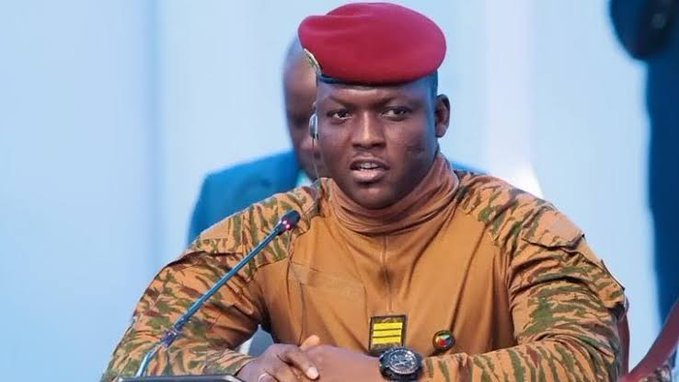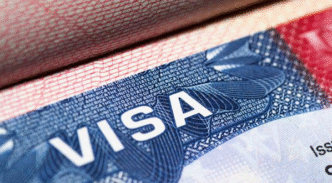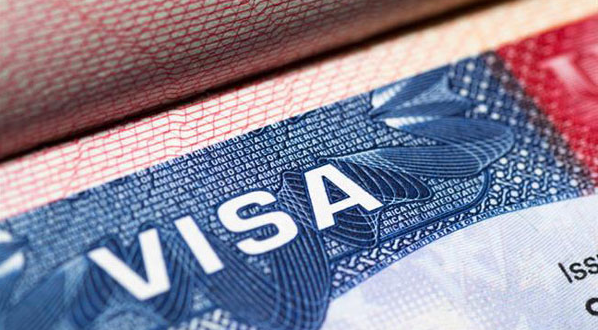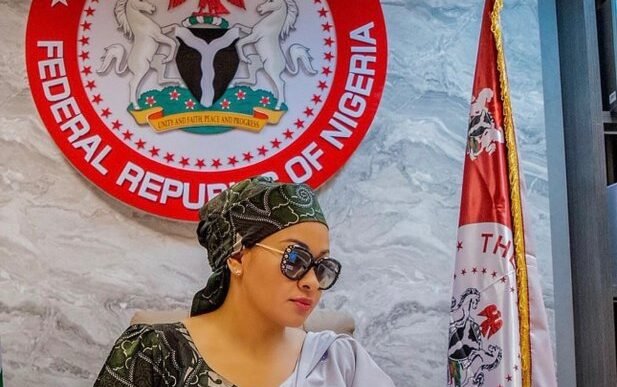In a dramatic move that has sent ripples across Africa and the international legal community, the governments of Burkina Faso, Mali, and Niger have jointly announced their withdrawal from the International Criminal Court (ICC), branding the tribunal a “neo-colonial and imperialist instrument” designed to undermine African sovereignty.
The announcement, made in a coordinated broadcast from Ouagadougou, Bamako, and Niamey on Sunday, marks one of the most significant challenges to the ICC since its creation in 2002. The three Sahel nations, all currently under military-led transitional governments following coups in recent years, say their exit from the court is a “necessary step” in reclaiming judicial independence and protecting national dignity.
The Joint Statement
The governments of Burkina Faso, Mali, and Niger issued a joint communiqué accusing the ICC of selectively targeting African leaders while ignoring alleged crimes committed by Western powers.
“The International Criminal Court has revealed itself to be nothing more than a political tool of neo-colonial control,” the statement read. “It prosecutes Africans disproportionately, while the crimes of powerful nations remain unpunished. For too long, our sovereignty has been trampled under the guise of international justice. That era is over.”
Background: The ICC’s Contentious Role in Africa
The International Criminal Court, headquartered in The Hague, Netherlands, was established to prosecute individuals for genocide, war crimes, crimes against humanity, and the crime of aggression. While hailed as a landmark in global justice, the ICC has faced persistent criticism, especially from African states.
- Out of all the cases ever investigated by the ICC, the vast majority have involved African leaders or conflict situations in Africa.
- High-profile figures like Sudan’s former president Omar al-Bashir and Kenya’s Uhuru Kenyatta have previously accused the court of bias.
- Several African countries, including South Africa, Gambia, and Burundi, at different times threatened to withdraw, though not all followed through.
By taking the unprecedented step of jointly leaving the ICC, Burkina Faso, Mali, and Niger are now at the forefront of a growing continental backlash against what they see as unequal and politicized justice.
Why Now? The Sahel Context
The timing of the withdrawal is no coincidence. All three nations are currently led by military juntas that seized power amid worsening insecurity caused by jihadist insurgencies.
- Mali: Under Colonel Assimi Goïta, Mali has cut ties with France and pivoted towards stronger relations with Russia.
- Burkina Faso: Captain Ibrahim Traoré’s government has similarly expelled French forces and emphasized national sovereignty.
- Niger: After the July 2023 coup that ousted President Mohamed Bazoum, Niger’s military leaders have aligned with Burkina Faso and Mali in forming a new anti-imperialist bloc.
Analysts argue that the withdrawal from the ICC reflects both ideological conviction and political calculation. By leaving the court, these regimes seek to shield themselves and their soldiers from possible international investigations into alleged human rights abuses during counter-insurgency operations.
“Neo-Colonial Justice” – The Core Argument
The central accusation leveled by the Sahelian governments is that the ICC represents a double standard in the application of international law.
- African Leaders Targeted: Critics note that nearly every sitting or former African president investigated by the ICC has faced intense scrutiny, while no Western leaders have ever been indicted for actions in conflicts such as Iraq, Afghanistan, or Libya.
- Sovereignty Undermined: The governments argue that the ICC strips African nations of their right to manage internal judicial matters, effectively overriding local courts.
- Impunity for the West: They accuse the ICC of shielding powerful Western nations from accountability, thereby maintaining global inequality under the pretense of justice.
Captain Ibrahim Traoré of Burkina Faso stated bluntly:
“Our people will not accept selective justice. The ICC has become a court of the West against Africa. We refuse to be subjects in a global empire of injustice.”
International Reactions
The withdrawal has drawn strong and mixed reactions:
- African Union (AU): Some AU officials privately welcomed the move as a wake-up call to the ICC to address its credibility crisis, though the continental body has not yet issued a formal stance.
- European Union (EU): EU diplomats expressed “deep concern,” warning that the withdrawal undermines accountability for grave crimes.
- United States: Washington, not itself a member of the ICC, has remained largely silent, though analysts expect the U.S. to view the move as part of the Sahel bloc’s broader anti-Western realignment.
- Human Rights Groups: Amnesty International and Human Rights Watch criticized the decision, warning that victims of atrocities in the Sahel could lose a critical avenue for justice.
Implications for Justice in the Sahel
The withdrawal raises significant questions about accountability for crimes committed in the conflict-ridden Sahel region, where Islamist insurgencies have displaced millions and left tens of thousands dead.
- Victims’ Justice: Without ICC oversight, victims may have fewer avenues for international redress if local courts are unable or unwilling to prosecute crimes.
- Domestic Alternatives: The juntas have promised to strengthen national judicial institutions and pursue justice locally, but critics doubt their commitment given ongoing allegations of extrajudicial killings by security forces.
- Regional Solidarity: By leaving together, the three countries signal a united front against external interference, bolstering the legitimacy of their recently formed Alliance of Sahel States (AES).
The Larger Political Symbolism
Beyond legal ramifications, the move symbolizes a profound shift in geopolitical alignment. The Sahelian governments are increasingly positioning themselves as champions of African sovereignty against Western dominance.
- Their rhetoric aligns closely with the anti-imperialist discourse promoted by Russia and other non-Western powers.
- It also reflects a growing sentiment among African youth who view the ICC as an extension of colonial structures rather than a neutral arbiter of justice.
- The withdrawal may embolden other African nations dissatisfied with the ICC to consider similar actions, potentially triggering a broader continental exodus.
Critics vs. Supporters
The decision has polarized opinion both within and outside the region:
- Critics argue the withdrawal is primarily self-serving, allowing military regimes to avoid accountability while depriving victims of crimes against humanity of international recourse.
- Supporters counter that the ICC has long discredited itself by failing to indict leaders of powerful nations, making withdrawal a legitimate assertion of sovereignty and equality.
What Next?
Under the Rome Statute, withdrawal from the ICC takes effect one year after a formal notification is submitted. This means that Burkina Faso, Mali, and Niger will remain bound by the court’s jurisdiction for crimes committed up to that point.
Legal experts caution that ongoing investigations into atrocities in Mali, in particular, may still proceed. However, the practical cooperation of national authorities will be essential, raising doubts about the ICC’s capacity to enforce its mandate.
Conclusion
The withdrawal of Burkina Faso, Mali, and Niger from the ICC marks a watershed moment in Africa’s relationship with international justice. By branding the court a “neo-colonial tool,” the Sahelian states have reignited a long-simmering debate over the fairness, legitimacy, and global balance of the ICC’s operations.
Whether this move will inspire other African nations to follow suit—or whether it will isolate the withdrawing countries—remains to be seen. But one thing is clear: the decision underscores the growing assertiveness of African states seeking to redefine their place in the international order, free from what they perceive as lingering colonial legacies.
As the dust settles, the world watches closely to see whether this bold rejection of The Hague signals the beginning of a wider revolt against the ICC—or simply the latest chapter in Africa’s complex struggle with justice, sovereignty, and power.














